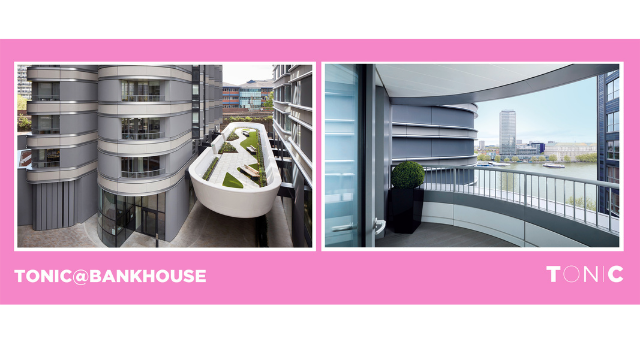
LGBTQ+ people must no longer be the “invisible minorities” of the housing sector
The “invisible minorities” of the UK housing system, lesbian, gay, bisexual, transgender and queer (LGBTQ+) people have for too long been sat at the margins of homelessness support, with “limited awareness, funding and research on understanding and solving LGBTQ+ housing issues”, according to World Habitat Foundation.
LGBTQ+ people are overrepresented in the homeless population, with about one in three people experiencing homelessness in urban areas estimated to be LGBTQ+. Another report shows one in four of all trans people surveyed in the UK had experienced homelessness at some point in their lives.
It is a damning demonstration of a failure to protect vulnerable people in the UK. While cultural, social and political celebration of LGBTQ+ has blossomed in the past few decades – albeit with substantial progress still needing to be made – far too many still find themselves on the fringes of society. A 2019 poll by YouGov found that LGBT+ employees take home an average £6,703 less per year than their straight colleagues in the UK.
Young LGBTQ+ people are especially vulnerable and disproportionately affected by homelessness. A report by LGBT youth homeless charity Akt found that, “once homeless, LGBTQ+ young people are more likely to face violence, develop substance misuse issues and be exposed to sexual exploitation than their non-LGBTQ+ peers”, all of which increase the impacts of homelessness on a person’s mental and physical wellbeing, and make it harder to find a home.
The World Habitat Foundation found believes there is a dearth of research and data collection surrounding LGBTQ+ homelessness, which ultimately limits the potential for policy change and better training for homelessness professionals on the specific challenges LGBTQ+ people face.
So as LGBT History Month draws to close, we want to remind the sector of not only the urgent need for intervention, but to celebrate those that already are.
This month, residents of Tonic Housing, the UK’s first provider of LGBT+ affirmative housing, has celebrated its first LGBT History Month together. Based in Vauxhall, it offers a retirement community for LGBT+ people that celebrates their identities and supports their needs. We are proud to have played a small part in the development of Tonic, through the funding of two pieces of early stage research that investigated housing options for LGBT+ people later in life.
Stonewall Housing, a leading charity supporting LGBTQ+ people facing homelessness, has helped tens of thousands of LGBTQ+ people to find safe and secure homes. Stonewall offers supported housing to over 40 young LGBTQ+ people; delivering a free, confidential housing advice helpline to LGBTQ+ people of all ages. It holds drop-in housing advice surgeries for LGBTQ+ people, delivering specialist and awareness training for social housing staff and tenants and providing consultancy and information to other agencies about LGBTQ+ housing issues.
The campaigning that Stonewall has undertaken has helped to shine a light on the lack of housing rights for far too many LGBTQ+ people.
One example of this is around older LGBTQ+ people, who find significant difficulties in finding housing options. In 2016, Commonweal supported Stonewall Housing to produce its report, ‘Building Safe Choices’. We found that older LGBT people in the UK continue to report that they do not have confidence in mainstream housing, support and care providers to offer safe and appropriate services that recognise and respond to their life experiences. They have ongoing concerns about the risk of harassment and abuse if they are open about their sexuality.
The report also showed that different housing and support options that meet their expressed wishes are not available; there is no tailored provision, let alone the possibility of considering a range of options. Older LGBT people lack choice in safe housing and services.
The recommendations of this report were echoed in a follow-up report in 2020, again in partnership with Commonweal and this time also with Tonic Housing. ‘Building Safe Choices 2020’ made the voices of older LGBTQ+ people heard like never before, with 620 participants involved in the largest survey of its kind. Our three recommendations were: safe and LGBTQ+ affirming housing and support services; policy makers and providers to recognise their diversity and differences; and more advice and support around housing and care services.
There’s clearly more to be done to make housing at all life stages work for all genders and sexualities, especially in homelessness services where LGBTQ+ people may be facing multiple discrimination and multiple, overlapping distadvantages in their lives.
When Tonic opened its doors in Vauxhall, we were proud to see them make history and to have worked with them to make the case of inclusive and affirmative housing options for older LGBTQ+ people.
We as an organisation believe in highlighting the injustices faced by vulnerable people on the margins of society, not just the front pages. So, as we celebrate the history of LGBTQ+ people, and recognise the learnings from the recent progress made in housing policy, we want to also look to the future, and encourage any and all organisations to research, investigate and develop housing-solutions to the injustices faced by the LGBTQ+ community. Commonweal’s door is always open.
